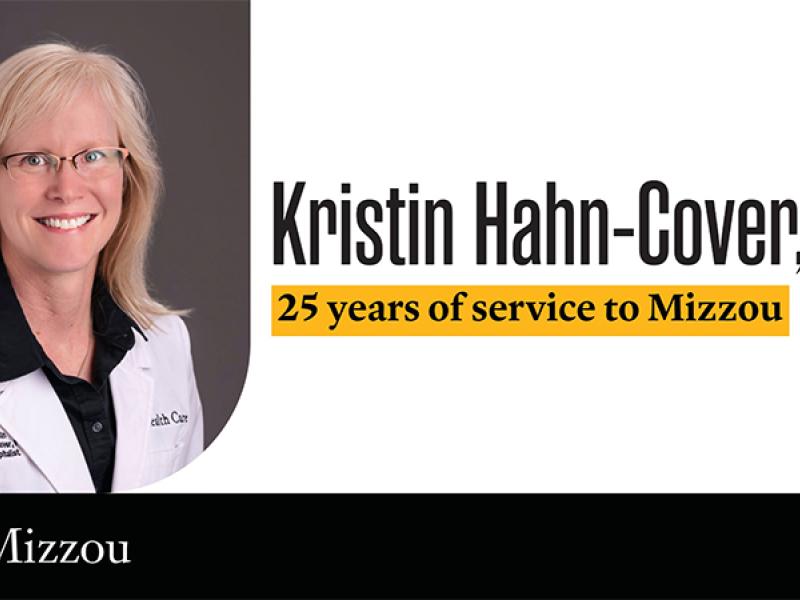The two-year program is divided into 26 four-week blocks with four weeks of vacation each year. A major focus is on inpatient consultations from all medical and surgical disciplines.
After initial orientation and microbiology training, fellows start alternating rotations in the general infectious diseases consult service, the orthopaedic infectious diseases consult service and research/elective. For inpatient consultations, as with most subspecialty training programs, teaching and management rounds are combined in our fellowship program. Rounds are patient-based where cases are presented as a basis for discussion of such points as interpretation of clinical data, differential diagnosis, appropriate use of technology, incorporation of evidence and patient values in clinical decision-making, infection prevention and antimicrobial stewardship. For an unparalleled outpatient experience, fellows have HIV and general ID clinics throughout their fellowship.
During their research/elective rotations, fellows are expected to participate in research and quality improvement projects under the direction of a faculty mentor and they are given protected time for this purpose. Fellows will be expected to write up their projects in manuscript form and are encouraged to submit it for publication to a peer-reviewed journal and/or presentation at national meetings. Fellows are also encouraged to participate in infection control and antimicrobial stewardship committees and related projects. We offer fellows the opportunity to pursue a four-week extramural transplant infectious diseases rotation at the transplant center of their choice.
Our division has an outstanding conference calendar that includes: core curriculum lectures, case conference, microbiology conference, journal club, ID/critical care conference and grand rounds.





